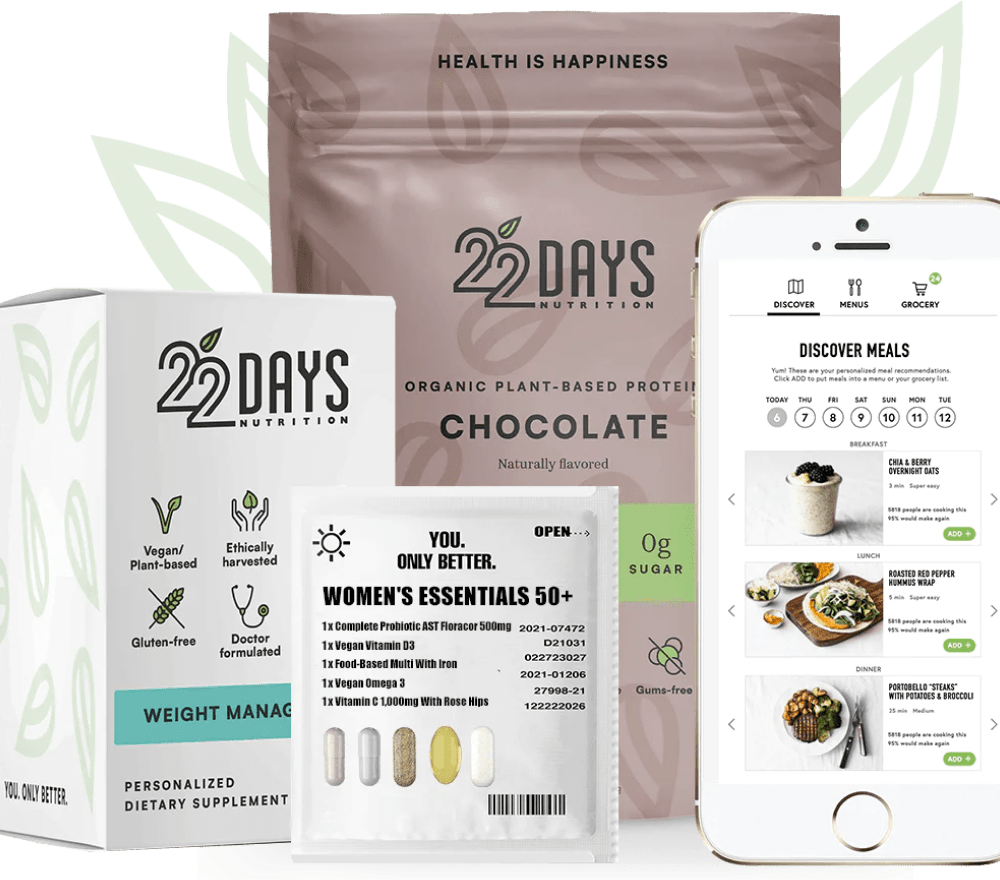Are You Getting Enough Vitamin D?
Vitamin D is known as the “sunshine vitamin” because your body makes Vitamin D from exposure to the sun. With the increased use of sunscreen (which is good news since it does protect us from skin cancer) and more time spent indoors rather than outside, more and more people are discovering that they are deficient in Vitamin D. This is true even of people who live in sunny, warm climates. Besides helping your body absorb calcium and phosphorus, Vitamin D is important for other health reasons, so it’s vital to ensure that you and your family are getting enough of it through a combination of sun exposure, foods and supplements. The National Health and Nutrition Examination Survey (NHANES) recently found that 9% of children in the USA were Vitamin D deficient, while 66% were considered “insufficient.” Most milk or calcium-rich products contain Vitamin D as an additive to improve absorption of calcium and phosphorus, but vegan diets may be lacking in access to food-based Vitamin D on a daily basis. Beside calcium and phosphorus absorption, Vitamin D also helps to regulate the immune system and can prevent against colds and other illnesses. It is thought that it can prevent or reduce the risk of Multiple Sclerosis (MS), as the incidence of this illness is much lower in tropical climates. Vitamin D is also associated with maintaining healthy body weight and helps to keep the brain functioning as you age. Even if you get regular exposure to sun, you still may be Vitamin D insufficient or deficient. To get enough Vitamin D you need to expose your face, arms, or back without sunscreen for at least 5-15 minutes, twice per week, on a day when the UV index is 3 or higher. Cloud cover, smog and windows can interfere with the transmission of sunlight, and thus reduces the amount of Vitamin D absorbed by the body by up to 60%. Northern climates may provide enough sunlight exposure during the spring and summer, but in the cooler months a supplement is recommended. However, since sun exposure (or the use of tanning beds) is considered a cancer risk, taking a supplement on a regular basis is much safer over the long term than depending on sunlight to provide your body with healthy levels of Vitamin D. Other than Vitamin D fortified foods (milk substitutes, orange juice, cereals), Vitamin D is found primarily in animal-based products, as well as some mushrooms, which is why most adults and children are in need of a Vitamin D supplement. If you are at all unsure of whether you are getting enough Vitamin D, it’s a good idea to have your blood tested at your next checkup.





